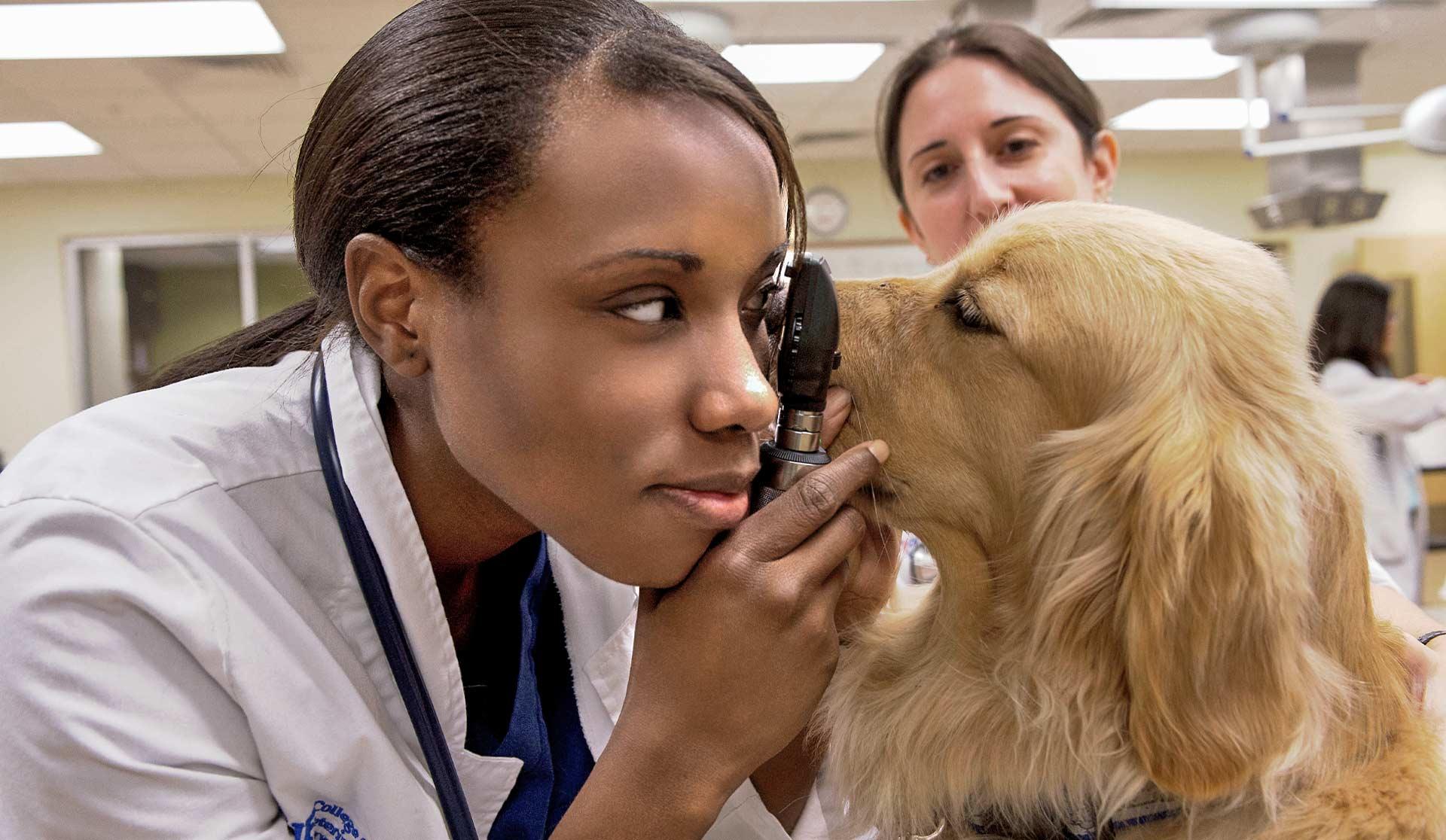Specialist Tips for Family Pet Nutrition From a Veterinarian
Comprehending the dietary needs of family pets is vital for their general health and longevity. Vets suggest a balanced diet regimen that satisfies private variables such as task, breed, and age degree. With the multitude of pet dog food choices available, pet proprietors typically locate themselves browsing a landscape swarming with misinformation and misconceptions. As we check out important pointers from vet professionals, it becomes obvious that proper nourishment is not simply concerning what is fed however involves a much deeper understanding of each pet's one-of-a-kind needs. What crucial insights could change your approach to pet dog nutrition?
Recognizing Nutritional Needs
Recognizing the nutritional requirements of pet dogs is fundamental to ensuring their general wellness and well-being. Just like human beings, pet dogs require a well balanced diet regimen that supplies essential nutrients, including healthy proteins, fats, minerals, carbs, and vitamins. These nutrients play vital duties in numerous physical functions, such as energy manufacturing, immune action, and cells fixing.
They are made up of amino acids, some of which are necessary and need to be obtained from food. Carbohydrates offer as a main energy resource and can support digestive wellness when they consist of fiber.
Each family pet may have unique demands based on elements such as age, breed, activity degree, and wellness condition. It is essential to seek advice from with a veterinarian to figure out the details dietary demands tailored to your family pet's specific needs, guaranteeing they obtain optimal nutrition throughout their life phases.

Choosing the Right Food
Selecting the appropriate food for pets is a vital facet of fulfilling their dietary requirements. It is necessary to think about elements such as age, health and wellness, size, and type standing when selecting an animal food. Kitties and young puppies require solutions that support growth and development, while grown-up animals require well balanced diet plans that keep their health and wellness. Senior animals may gain from foods created to address age-related issues, such as joint wellness or weight administration.
When evaluating pet food alternatives, look for products that fulfill the Association of American Feed Control Officials (AAFCO) requirements, which make certain that the food provides total and well balanced nutrition. Active ingredients should be top notch, with actual meat as the primary source of healthy protein. Stay clear of foods with excessive fillers, synthetic ingredients, or byproducts, as these can diminish the overall nutritional value.
Consulting with a vet can give customized recommendations based on your animal's details demands. Additionally, transitioning between foods ought to be done slowly to stay clear of stomach upset. By taking these steps, pet owners can guarantee that they are offering their fuzzy buddies with the most effective feasible nourishment for a healthy and balanced and happy life.
Typical Myths About Animal Food
Exposing misunderstandings surrounding pet food is crucial for making certain optimum nourishment for our fuzzy friends. One common myth is that all grain-free diets are superior for pet dogs.

In addition, many animal proprietors believe that "premium" or "natural" tags guarantee better. Nevertheless, these terms are usually unregulated and do not necessarily suggest remarkable dietary worth. It is essential to look at active ingredient lists and nutritional profiles instead.
Special Factors To Consider for Various Breeds
When it pertains to pet nourishment, special factors to consider need to be taken into account for different types, as each breed can have unique nutritional requirements and sensitivities. Big breeds such as Excellent Danes and Saint Bernards are prone to bone and joint problems and might benefit from diet regimens developed to sustain joint health, usually featuring active ingredients like glucosamine and omega fatty acids. On the other hand, tiny breeds like Chihuahuas might require greater calorie densities to satisfy their power levels, requiring formulations that are abundant in nutrients but reduced go right here wholesale.
Furthermore, particular breeds might be inclined to particular wellness concerns, such as food allergic reactions or level of sensitivities. Breeds like Labrador Retrievers might fight with weight problems, calling for careful part control and a well balanced diet to preserve a healthy and balanced weight. On the various other hand, breeds such as Dachshunds might be extra vulnerable to spine concerns, prompting a requirement for diet regimens that advertise spinal health and wellness and weight administration.
Inevitably, understanding these breed-specific nutritional requirements is critical for pet owners. Consulting with a veterinarian can aid in selecting the most ideal diet tailored to a private family pet's age, health and wellness, and type standing, ensuring ideal nourishment and wellness.
Relevance of Routine Vet Check-Ups
Comprehending the one-of-a-kind dietary requirements of various types is just one facet of liable pet ownership; routine veterinary examinations play an essential duty in maintaining overall health. These check-ups are necessary for very early discovery of health and wellness concerns, guaranteeing that any type of potential problems are dealt with prior to they become major. Routine brows through allow vets to monitor your animal's weight, oral health and wellness, and vital indicators, which are essential indications of overall health.
Moreover, routine exams enable veterinarians to offer tailored dietary advice based on your family pet's specific wellness status - Vet Mckinney. As pets age, their dietary requirements might transform, and changes may be needed to stop weight problems or nutrient shortages. Preventative care, including vaccinations and parasite control, is also a basic element of these check outs, protecting your animal from numerous conditions
Along with checkups, these visits supply an excellent opportunity for family pet proprietors to talk about behavior changes or worries concerning their animal's consuming habits. By prioritizing normal vet check-ups, family pet proprietors can guarantee a much longer, much healthier life for their furry buddies, inevitably boosting their quality of life.
Final Thought
In verdict, ensuring ideal family pet nutrition needs a detailed understanding of specific dietary needs, suitable food choice, and recognition of widespread misconceptions. Special considerations for various breeds need to be represented, and normal vet exams play a vital role in keeping an eye on wellness and nutritional changes. Abiding by AAFCO criteria and consulting with vets before making nutritional adjustments will certainly boost the health of pet dogs, inevitably adding to their long life and top quality of life.
With the plethora of pet home dog food alternatives offered, pet proprietors typically discover themselves navigating a landscape rife with misinformation and misconceptions. Each pet dog might have special requirements based on aspects such as age, breed, activity degree, and wellness condition. It Homepage is vital to think about elements such as age, breed, size, and health standing when selecting a family pet food. Senior pets might profit from foods developed to address age-related concerns, such as joint wellness or weight administration.
Understanding the unique nutritional requirements of various breeds is only one facet of accountable pet possession; routine veterinary exams play an important duty in preserving overall wellness.